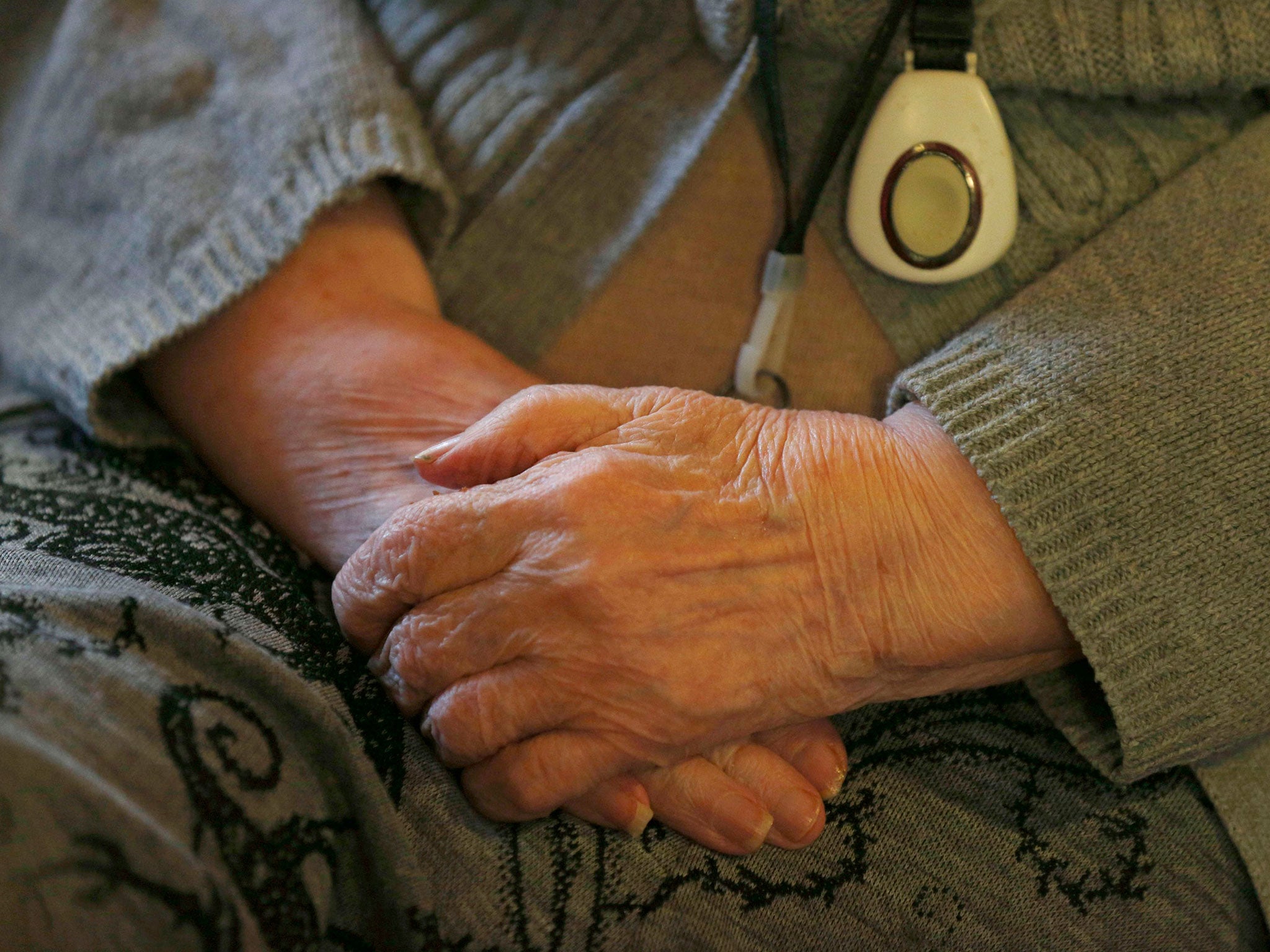Your support helps us to tell the story
From reproductive rights to climate change to Big Tech, The Independent is on the ground when the story is developing. Whether it's investigating the financials of Elon Musk's pro-Trump PAC or producing our latest documentary, 'The A Word', which shines a light on the American women fighting for reproductive rights, we know how important it is to parse out the facts from the messaging.
At such a critical moment in US history, we need reporters on the ground. Your donation allows us to keep sending journalists to speak to both sides of the story.
The Independent is trusted by Americans across the entire political spectrum. And unlike many other quality news outlets, we choose not to lock Americans out of our reporting and analysis with paywalls. We believe quality journalism should be available to everyone, paid for by those who can afford it.
Your support makes all the difference.Over 12,000 blind and partially sighted people have been deprived of social care in recent years, a new report has found.
The Royal National Institute for Blind People and Age UK found that between 2008/9 and 2012/13 there was a 36.5 per cent fall in older people with visual impairments receiving care.
The fall came despite a quickly aging population and a potentially growing pool of people needing social care.
The report says that while all areas of social care services have faced cut-backs overall, older people with difficulty seeing have faced disproportionate reductions.
Charities say the social care cuts could have knock-on effects on people with difficulty seeing.
The older people affected are more likely to have other health complications, live in poor quality housing, and have difficult accessing health services.
Without the help of carers these conditions could be made worse and cause further damage to the health of people missing out on carers.
Social care is delivered by councils, who have had their budgets slashed and their ability to raise revenues restricted by central government since 2010.
David Cameron came to blows with his own local Oxfordshire council last year after he accused the local authority of not making adequate efficiency savings.
In letters lead to the Oxfordshire Mail local newspaper Mr Cameron was accused of not understanding the state of local government finances when he claimed the cuts could be made through “back-office savings”.
A spokesperson for the Prime Minister at the time said: “There is still significant scope for sensible savings across local government to be made by back office consolidation, disposing of surplus property and joining up our local public services; we will be discussing with Oxfordshire how this can be taken forward to help protect frontline services.”
Fazilet Hadi, Director of Engagement at RNIB, said: “Being left alone to cope with sight loss in later life is wholly unacceptable. No matter how tight government budgets are, this is essential support which must be provided.
“Social care support can be vital to blind and partially sighted people in later life, enabling them to live with dignity and choice. However, older people with sight loss are increasingly missing out on social care and vision rehabilitation services.”
Caroline Abrahams, Charity Director at Age UK says: “That so many blind or partially sighted older people who need social care aren’t getting is profoundly shocking.
“Losing our sight is something many of us fear the most, and the idea of struggling alone without social care assistance in such circumstances seems appalling in a civilised society.”

Join our commenting forum
Join thought-provoking conversations, follow other Independent readers and see their replies
Comments